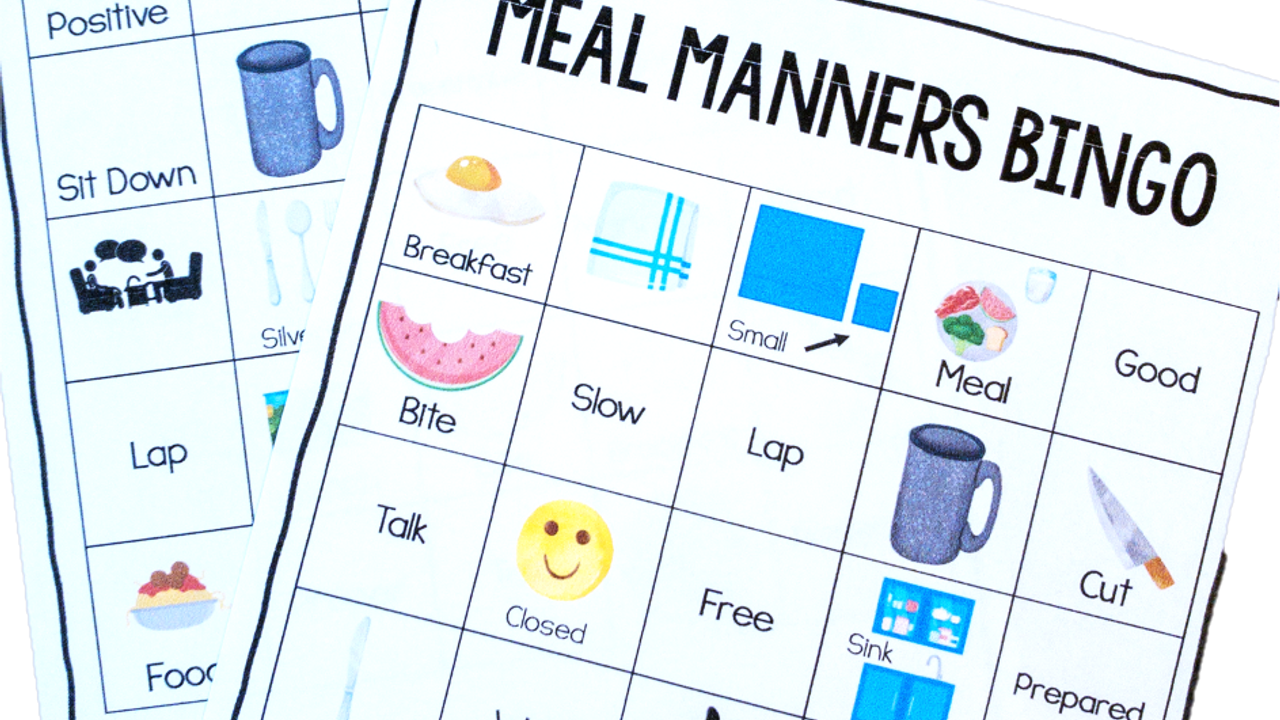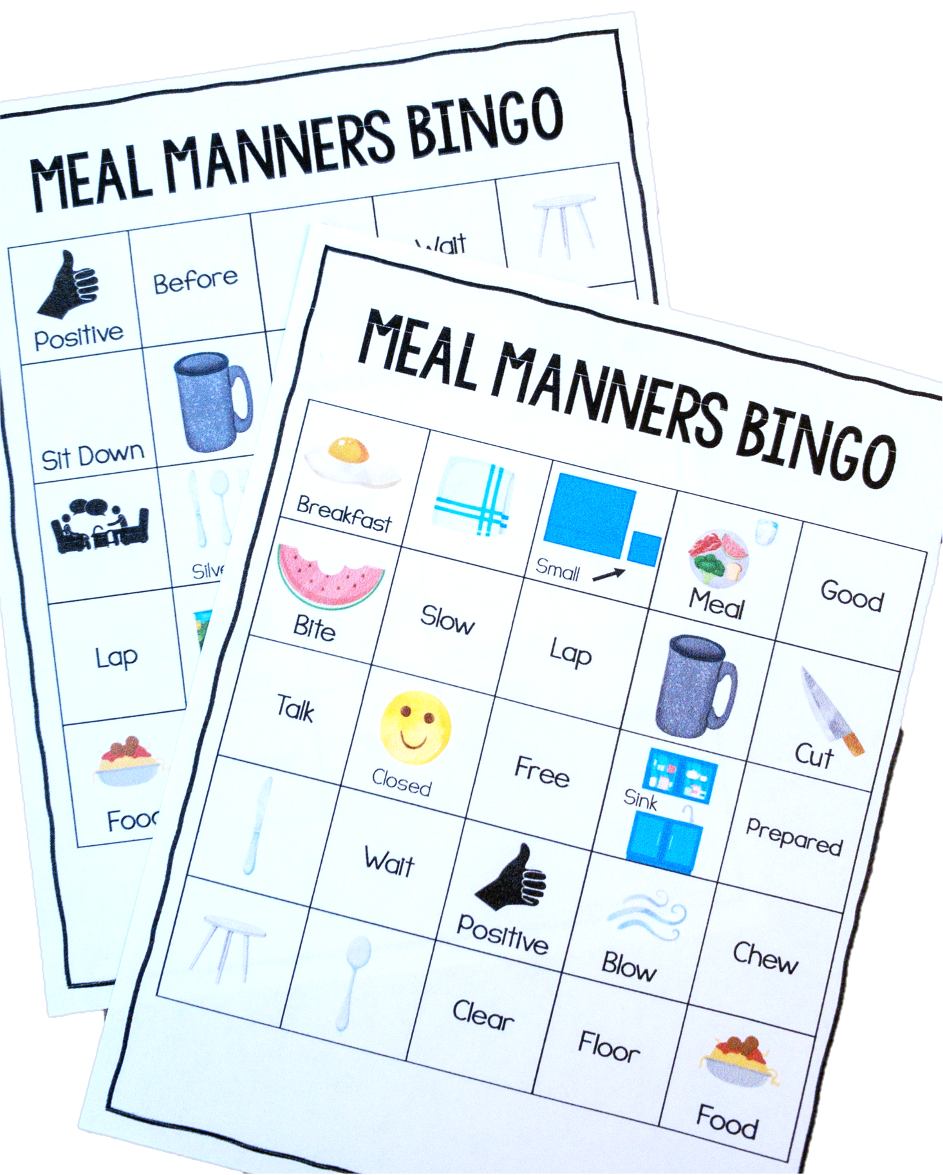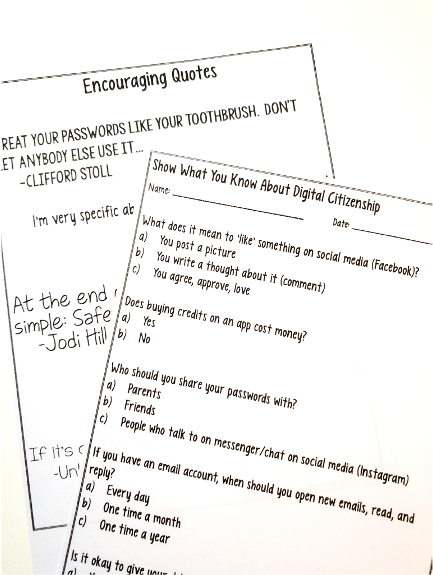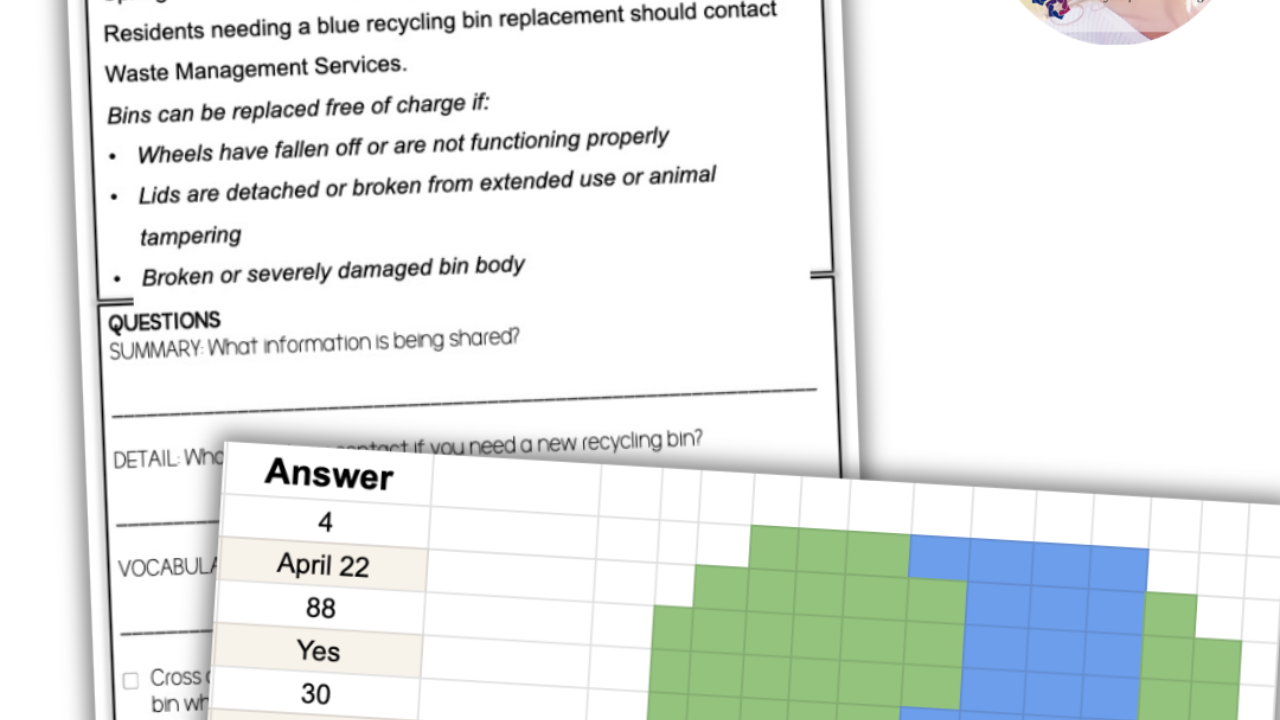Is this Functional Life Skills Curriculum right for you and your students?
May 01, 2021
After having taught functional life skills to transition age students with intellectual disabilities, autism, down syndrome, and a range of other disabilities for 6+ years, I felt confident creating structured and consistent lesson units (from scratch) that would meet the needs of all students. I reflected on what I had been teaching, where I had identified gaps, and feedback from parents. I used this wealth of input and experience to develop the lengthy list of 30 life skills, all of which are included in the functional life skills curriculum (also available on TeachersPayTeachers). I then identified 7 additional skills that are important to address for some/most students, but may not warrant a full lesson unit for all (these 7 are also in this functional life skills curriculum).
Since I’ve taught life skills for years and lived student success, struggles, and barriers day in and day out, I could hone in on key areas, include methods for building the skill in students, and clearly address common experiences (which you often see in the examples or practice questions).
Since I’ve never personally found a box curriculum to meet my student’s needs, I aimed to include what always seemed to be lacking. My hope is that if you read this blog post and find that your students sound a lot like mine, then you will have found some really great resources that you can use in your classroom tomorrow!
-
Veteran teacher created curriculum (who actually taught it in her own classroom)
-
Suggested teaching calendar (scope and sequence)
-
Materials with appropriate high school and transition age visuals/font/colors*
*Highly important for both high school and transition age students.
Target Audience
The curriculum was developed for high school and transition age students with moderate disabilities in a life skills course. Students typically had the following disabilities identified on their IEP: autism, intellectual disability, down syndrome, etc and benefited from learning important functional skills and activities of daily living through multi-modal methods, consistent lesson structure, and skill application.
Structure
While the resources are lengthy in page number, only a few pages are meant to be ‘printed’ and given to students. The majority are meant for reference, practice, or as visuals. Many of the concepts focus on students learning a process (sometimes with a fun acronym) or steps to achieve skill independence or increase confidence in a skill area.
Each lesson unit includes the same skeleton structure and the materials can span anywhere from 3-5 days (depending on your students’ skill baseline, length of class period, student focus/attention, amount of assistance required practicing a task, or for basic accommodations, like text read aloud). Below is an example of how the resource materials would span 4 days in class and the 5th day dedicated to applying the skill outside the classroom.
-
Pre-Test
-
Narrative (text or text w/ visual supports)
-
PDF PowerPoint review (includes exclusive how-to videos)
Day 2- Hands-On Practice
-
5 Practice activities (center/rotation style)
-
5 Strategies for success
Day 3- Reinforce
-
Boom Cards
-
Play review game
Day 4- Reflect
-
Learning reflection
-
Post test
-
Word search
-
Calming coloring
Day 5- Application (Outside the Classroom)
-
Skill application (collect authentic data with provided data collection sheet)
-
Homework page (to practice at home)
-
Student success certificate
Concepts covered
Independent LivingShould I Get The Curriculum + Mini Lessons?
If you want a FULL curriculum, then yes, you do! The original life skills curriculum includes 30 lessons units (which could easily span 5 50-minute periods of instruction), but most school years span about 36 (give or take). So, adding the mini lessons will ensure that those weeks before/after a holiday or break are not left unstructured.
Mini-lesson topics are also perfect for smaller group instruction to hone in on special skills for identified students.
The mini lessons are just that, resources to span about 3 periods. Each mini lesson has the following elements:
-
Pre/Post test
-
1 page narrative (with and without visual supports)
-
PDF PowerPoint
-
5 center-style practice activities
-
5 strategies for success
-
Visuals
-
Boom cards
-
Word search
-
Calming coloring page
-
Learning reflection page
-
Homework page
This Is the Right Curriculum For You IF You Want...
-Consistent structure for your students (and yourself)
-Age appropriate visuals and colors (no bright rainbow colors, graphics are teen age or older, and images show actual and appropriate often-difficult-to-find activities of daily living)
-Meaningful activities to apply skills, likely scenarios, and targeted practice to reinforce skills
-Means to assess skills before and after the lesson to track growth and easily collect data
-Predictable lesson units for streamlined instruction that are versatile enough to keep class fun and exciting
Still not sure if this set of functional life skills curriculum is appropriate for you and your students, email me! I’m happy to chat! Send inquiries to [email protected]





















